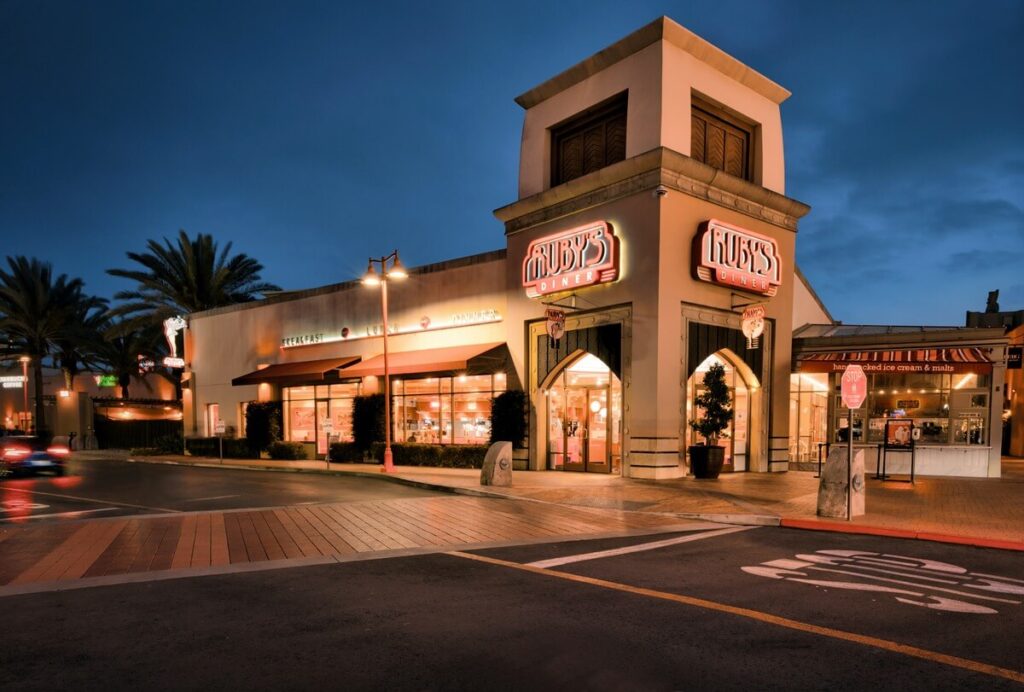commercial property insurance
Commercial property insurance is a type of insurance policy that protects businesses and their assets from financial losses due to damage or destruction of their property. It typically covers a range of risks such as fire, theft, vandalism, water damage, and natural disasters such as hurricanes and earthquakes.

Commercial property insurance policies
can vary depending on the type of property being insured and the specific risks associated with it. For example, a commercial property insurance policy for a retail store may include coverage for damage to the building, inventory, and equipment, as well as liability coverage in case a customer is injured on the property. In contrast, a policy for a manufacturing facility may include coverage for equipment breakdowns, product liability, and loss of income due to business interruption.
The cost of commercial property insurance is usually based on several factors, including the type and size of the property being insured, the location of the property, the level of risk associated with the property, and the coverage limits and deductibles selected by the business owner. Generally, businesses with higher risk factors, such as those located in areas prone to natural disasters or with expensive equipment, will pay higher premiums.
Having commercial property insurance can provide peace of mind for business owners by protecting their assets from unforeseen circumstances. In the event of a covered loss, the insurance company will typically reimburse the business owner for the cost of repairing or replacing the damaged property, up to the policy’s coverage limits. This can help the business quickly recover from a loss and avoid significant financial hardship.

Commercial property insurance is crucial
aspect of protecting a business’s assets, but unfortunately, many business owners overlook the importance of having this type of coverage. In this article, we’ll explore the importance of commercial property insurance, share some statistics and quotes, and explain why every business owner should consider investing in this type of insurance.
Firstly, commercial property insurance provides financial protection for businesses in case of unexpected events such as natural disasters, theft, and damage to property. These events can cause significant financial losses for a business, especially for small businesses that may not have the financial resources to withstand such losses. Without insurance, a business may struggle to recover from a loss, potentially leading to bankruptcy.
According to a report by the Insurance Information Institute, 40% of small businesses do not reopen after a disaster. Additionally, 25% of businesses that do reopen after a disaster will close within two years. These statistics highlight the importance of having commercial property insurance to help mitigate the financial risks associated with unexpected events.
Moreover, commercial property insurance can also protect businesses from liability claims. If a customer or third party is injured on the business’s property, the business could be held liable for damages. This can result in costly legal fees and damages awarded to the injured party. Commercial property insurance can provide liability coverage to protect businesses from such claims.
As explained by Dan Weedin, a risk management consultant, “Liability insurance is critical for any business because lawsuits can arise from any number of situations, including a slip-and-fall accident, a defective product, or a breach of contract.”
Additionally, having commercial property insurance can provide peace of mind for business owners. By knowing that their assets are protected, they can focus on running their business without worrying about unexpected events that could lead to financial losses.
However, it’s essential to note that not all commercial property insurance policies are created equal. Business owners must carefully review their policy to ensure it covers the specific risks associated with their business. For example, a business located in an area prone to natural disasters such as hurricanes or earthquakes may require additional coverage for these events.
Top commercial property insurance companies
There are several top commercial property insurance companies that businesses can choose from to protect their assets. Here are some of the most reputable companies and a brief description of their offerings.
State Farm: State Farm is a well-known insurance company that offers a variety of insurance products, including commercial property insurance. They offer coverage for buildings, contents, and liability, as well as additional coverage options such as business interruption insurance.
Nationwide: Nationwide is another large insurance company that provides commercial property insurance. Their policies cover a range of events, including fire, theft, and damage from natural disasters. They also offer additional coverage options, such as equipment breakdown and cyber liability insurance.
Chubb: Chubb is a global insurance company that specializes in providing coverage for businesses. They offer customizable commercial property insurance policies that can be tailored to fit the unique needs of each business. Their policies cover a variety of events, including damage from natural disasters, theft, and vandalism.
Travelers: Travelers is a popular insurance company that provides commercial property insurance for businesses of all sizes. They offer coverage for buildings, contents, and liability, as well as additional coverage options such as equipment breakdown and inland marine insurance.
The Hartford: The Hartford is a well-known insurance company that provides commercial property insurance for small businesses. Their policies cover a range of events, including damage from natural disasters, theft, and vandalism. They also offer additional coverage options, such as business income insurance and employment practices liability insurance.
Allstate: Allstate is another large insurance company that offers commercial property insurance for businesses. Their policies cover a range of events, including damage from natural disasters, theft, and vandalism. They also offer additional coverage options, such as business income insurance and cyber liability insurance.
Each of these companies has its strengths and weaknesses, so it’s essential for business owners to research and compare policies to find the best fit for their specific needs.